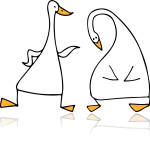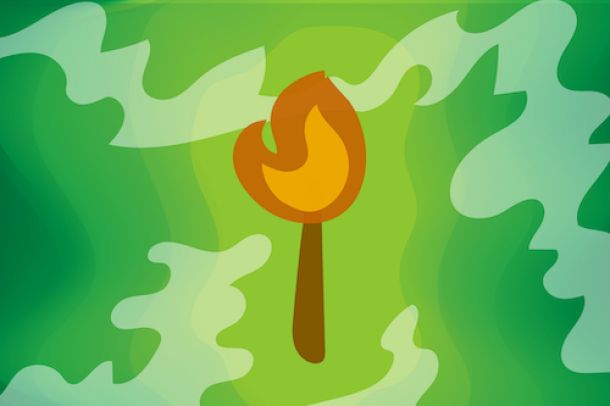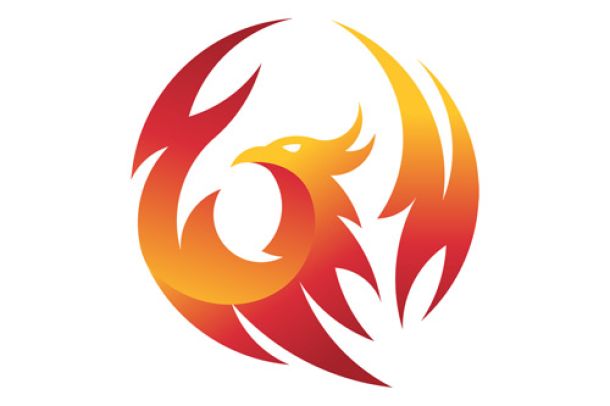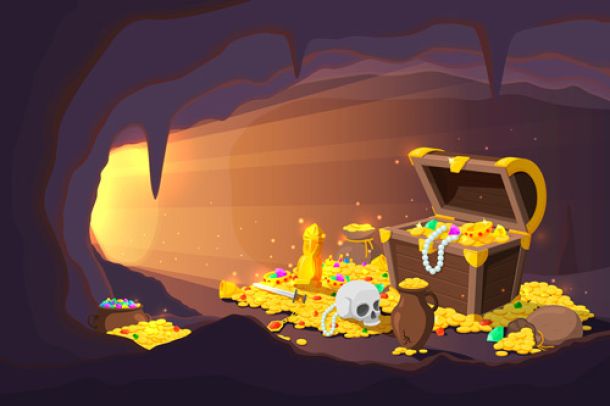Pancakes
Lyrics
I'm trying to notice
The feeling of chewing gum
My fingers are shaking
The air’s cold and my tongue is numb
I look up and see her
Breathing on a megaphone
What is she saying
The sounds dull and we’re all alone
Come and get some pancakes
There’s plenty for us all
We’ll eat ’em on the ceiling
And flip them off the wall
Come and get some pancakes
There’s plenty for us all
We’ll eat them on the ceiling
And flip them off the wall
Trying to taste them
The flavor’s marked in deep red ink
Can’t really see them
The letters are small and all bright pink
Where does the stamp go
I never tried to mail myself
There isn't a price tag
There's no reason to sell myself
Come and get some pancakes
There’s plenty for us all
We’ll eat them on the ceiling
And flip them off the wall
Come and get some pancakes
There’s plenty for us all
We’ll eat them on the ceiling
And flip them off the wall
Song Bio
Although Rick sings the lead vocals in the live setting, Pancakes was written by Pete, who originally wrote it as a Great Blue song. It originally appeared on Great Blue's album 2015 "Safety First." The live Goose debut was on January 27, 2022 at The Observatory North Park in San Diego, CA.
Sing Along
Graphic by: Laura Mertz
Song Interpretation
Numerous online Goose fans have stated that they think Pancakes is just a goofy song about an off-the-wall shindig in which the delicious carbohydrate discs are eaten, shared among friends, and playfully engaged with as folks "flip them off the wall," and probably not much more. Based on the chorus alone, this is a pretty reasonable perspective. It is the two verses that give the song a different side, one that is darker and more introspective, and that creates an almost Jekyll-and-Hyde like contrast with the simple, syrup-soaked good cheer of the chorus as the song flip-flops between the two viewpoints.
Verse 1 give us the perspective of a narrator who appears to be experiencing not only anxiety, but also a sense of disconnection from his surroundings, other people, and his own body and mind, as well as disturbing emotions about the nature of existence. A theme of an unwanted feeling of numbness pervades the entire verse, and although it may be feasible to assume that the first few lines only indicate that the narrator is experiencing an emotional state that is no big deal, maybe only ordinary nerves (or maybe even just cold weather), his encounter with the unnamed woman using the megaphone ends up nixing this hope. She is speaking (with a device intended to boost the power of communication, no less) but the narrator registers it only as empty air moving. This does not bode well for his state of consciousness. The final line of the verse unfortunately leaves him in a dark place psychologically, with the woman's "dull" speech failing (along with everything else in his environment) to rouse him from his state of emptiness and disconnection, or even to help keep him from drawing the grim conclusion that not only does he feel cut off from life and meaningful contact with others, but he figures everyone else must be similarly floating alone in the void. This does not sound very much in sync with the voice that is about to be offering a free pancake feast to the masses (or, as we'll discuss shortly, maybe it could be).
The music of the verse sounds spacey in an uncomfortable sort of way, giving the feeling of going around in circles, with an anxious, jittery drum beat. Although it is not quite what you would call "dark" sounding, it is well-suited to the existentially angsty tone of the lyrics.
The verse transitions into the chorus with next to no warning, with an obvious major key and conventional drum beat suddenly slapping us in the face with a happy, lighthearted sound that stands in stark contrast to the more uneasy music of the verse.
The lyrics undergo an equally abrupt and unexpected transition, switching to overtly cheery, optimistic subject matter (probably). I personally find the stark contrast between the verse and the chorus to be such a compelling aspect of this song, and a demonstration of Goose's ability to create songs in which the lyrics and music complement each other.
The chorus can be interpreted in two main ways that I can think of:
- the distressed individual we met in the first verse has left the narrator role, is now being spoken to, and is being invited to break out of his disturbed mental and emotional state to join the community of partygoers in the simple enjoyment of life in all of its fun and absurdity. It could be another individual speaking to him, or a collective gaggle; either way, the message is basically the same: the pancake fiesta is here if you want to join in, and there is enough for everyone. "Eat them on the ceiling; flip them off the wall"--why not? There is no wrong way to enjoy the mighty pancake, a universally loved food that is enjoyed across virtually all world cultures and has been around in some form or another since probably prehistoric times.
- It is the same narrator who is still talking, and it is he who is throwing the pancake party in a sort of Mad Hatter like fashion, with the ceiling dining and wall-flipping constituting bizarre, possibly desperate measures to either combat his feelings of existential anxiety or cope with him/own them.
Yet another perspective, offered by someone who gave me permission to share it here but asked to remain anonymous, is that the back-and-forth between the verses and chorus could be depicting a dialogue between the individual who is fighting dark internal demons and the easy-going, party-loving chorus of the masses, in which the pancake-flipping crowd is trying to persuade the disturbed narrator to get outside himself and enjoy the simple pleasures life has to offer, but the narrator is too deeply embroiled in this struggle for them to really get through to him, and as a result he sees their flapjack party as absurd and he is unable to wrap his head around the value of it. It might even look like a darkly surreal affair to him, perhaps like some sort of grim version of a Dr. Seuss story or M.C. Escher painting with all of its eating pancakes on ceilings and flipping them off walls (also, I'll add that if anyone is contemplating that maybe the narrator's state of mind in this song has something to do with a psychedelic experience gone wrong, I too have considered that possibility).
Most of us would hope that interpretation #1 of the chorus is the one that is closest to correct. It may be; however, in the second verse it seems that our ill-fated narrator is not out of the woods just yet, psychologically speaking. His unsettling thought patterns have continued even through his consumption of the pancakes: "trying to taste them, the flavor's marked in deep red ink" suggests a mind that is either working with crossed wires between it and the input provided by the physical senses, and/or a mental state in which the line between concrete and the abstract is rather blurred (I'd like to add that one person online who offered their interpretation of the song suggested that the red ink could be indicating overwhelming feelings of self cricitism, as red ink is commonly associated with "bad marks" on school papers or other documents; I really like this idea). Things get weirder as the narrator literally loses sight of the pancakes and sees bright pink letters--does he mean alphabet letters? That's what I can't help but see in my head, but then he asks "where does the stamp go?" suggesting letters of the mailed envelope variety. Does it matter at this point? Not really, I don't think. In my understanding, what's much more important is that the verse closes with an encouraging turn of events as the narrator's first uses the "mailed letter" metaphor for himself as his first noticeably true head-on tackling of contemplating his place in the... wherever he finds himself, be it IHOP or the cosmos... and then, as he ultimately quiesces into the realization that "there isn't a price tag; there's no reason to sell myself"--i.e., his sense of self-worth does not have to be defined by the warped notions he previously held--we see him starting to ease into a bit of self-awareness that just might result in him being able to fully join the pancake gathering and/or the simple, pleasurable aspects of life as well as sense of community with others that it represents. At the very least, he has made a step in the direction of that kind of basic sanity.
When the chorus presents itself once more, what I'd like to think is that now it doesn't really matter who is serving up the pancakes or why they are being eaten on the ceiling and flipped off the walls; the narrator has mastered at least some of his demons, and become a more well-adjusted and psychologically healthy person who is better able to enjoy what life has to offer and connect with others. Even if that's not quite entirely true yet, the pancake party is happening one way or another, and we're all always welcome to join!
More Song Interpretations
All Goose Song Lyrics *
My GC
-
This email address is being protected from spambots. You need JavaScript enabled to view it.
GooseCommunity is a project of Western Sun Foundation, a non-profit organization.
Website crafted by Daniel Baron | Joomla Design Studios








